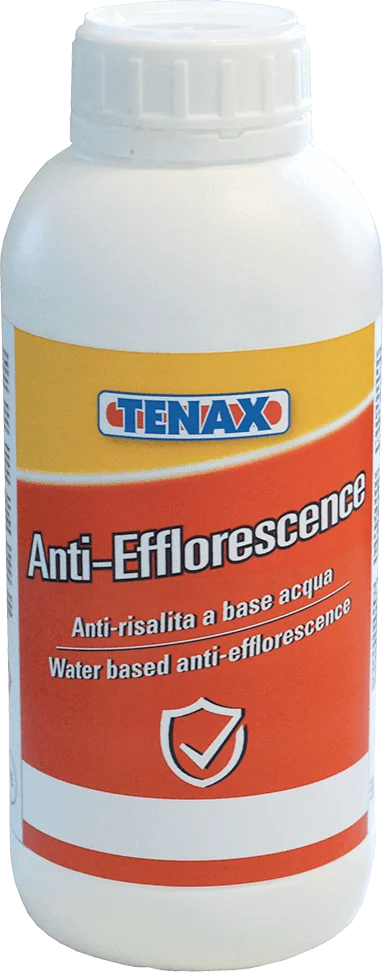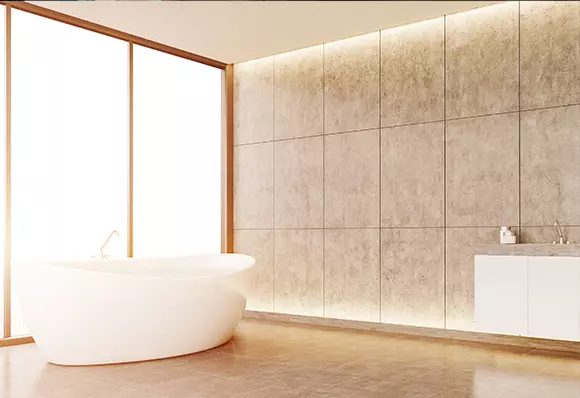
Menu
Edit
ADDRESS
Pidilite Industries Ltd,
Ramkrishna Mandir Road,
P.O. Box No. 17411,
Andheri (East) Mumbai – 400059
Check out the biggest trends of the season and our expert take on them.

There are numerous advantages to choosing natural stone for countertops, backsplashes, and floors. Natural stone, such as marble or granite, provides a vast range of design choices that will complement any style. Natural stone also ensures a high-quality product that is long-lasting, adaptable, and dependable. Excellent for both indoor and outdoor use.
You must properly seal your counters and floors to make sure that they endure the test of time and stay in outstanding shape. This article provides insight into stone sealers, their importance, and their types. Let’s take a glance at them:
When installed in homes, marble, granite, as well as other natural stones provide an unrivalled aesthetic, but their proper upkeep is required. Natural stones have varying degrees of porosity. This means that some stones may etch or discolour more easily than others, even if they are the same sort of stone. Because of this porosity, it is normally advised that you seal your stone from front and back when you first install it to keep your worktops, floors, and backsplashes looking perfect.

You can use Tenax Anti-Efflorescence for sealing your stone from the back as it guards porous and absorbent surfaces against the build-up of ferrous salts and other contaminants. Besides, you can use Tenax Proseal to seal your stone from the front. It is solvent-based oil proof and waterproof penetrating sealer that is highly recommended for indoor and outdoor application. It is effective on polished, honed, sandblasted, and flamed surfaces.
People in general miss applying the sealer on the sides of the stone and concentrate and prefer to do it only on the front and back sides of the stone. Even the sides are important to be sealed before installation so that the stone is entirely sealed.
Before selecting the best sealer for your stone, several aspects should be taken into consideration. How dense and long-lasting is your stone? Will the sealer you choose alter the appearance of your stone? How permeable is it? Before selecting a sealer, consider the type of stone, finish, placement in the home, and care.
Using a sealer on your natural stones can help you prevent them from staining while also buying you extra time to wipe up any spills that might have occurred on your surface. It’s crucial to note that, while a sealer adds an extra layer of protection to your stone, normal wear and tear will still cause it to etch. To avoid severe etching, it is advised that spills be cleaned up as quickly as possible and that trivets and cutting boards be used during cooking and meal prepping.
A simple Water Drop Test is one of the simplest methods for determining whether or not your natural stone needs sealing. First, wet your stone with a tablespoon of water. Allow the water to float for around 15 minutes. If the stone darkens or the water is absorbed in less than 4 minutes, it must be resealed. This test can be repeated every few months to check the quality of your natural stone.
To be able to find the best stone sealer for marble or other natural stone for that matter, it is important to understand the type of sealer. The kind of sealer you use is determined by the surface on which you plan to use it. Different stones necessitate different treatments, so get to know yours! Ideally, your sealer should be resistant to heat and household chemicals. There are two types of sealers: topical sealers and impregnators.
These sealers are sealers that protect the stone’s surface. This coating will protect against oil, water, and other contaminants. They are inexpensive, simple to install, and slip-resistant. Low-quality coatings, on the other hand, can discolour stone, and reapplying often necessitates rigorous peeling.

These are water-based sealers that permeate the stone’s surface. Despite the fact that this solvent repels anti-stone chemicals, it nonetheless allows the surface to “breathe.” The majority of impregnators do not alter the appearance of the stone, are long-lasting, and are not impacted by UV lighting. However, it is typically more expensive, and the application procedure might be more complicated.
Roff offers several products under its ‘Stone Care Range’ to offer diverse solutions for the maintenance and upkeep of natural stones. For instance, you can check out Tenax Anti-Efflorescence, a water-based back sealer for stones which protects absorbent and porous surfaces against ferrous salts and other contaminants. Besides, there is Tenax Proseal which is a high-performing sealer for quartz-based materials and helps retain the natural appearance of . You can also check out Tenax Skudo Universal Plus which is a specialised product that can be used for both water- and oil-based stains.
To get an answer to the queries like ‘How long does a stone sealer last’ or ‘how to perform a product compatibility test,’ you can call us at 1800 2255 02 or simply write us at info@roff.in. Our customer care team will contact you and arrange a site visit if need be.


